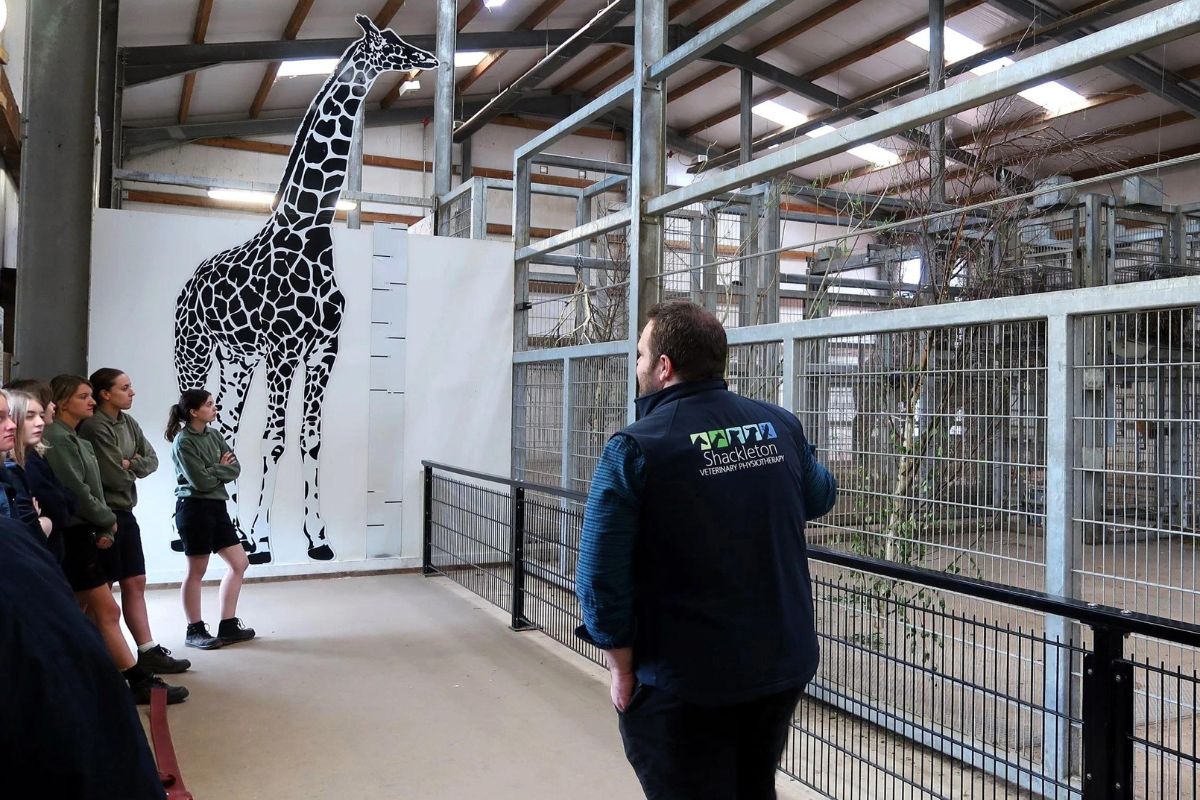Manchester has UK’s biggest appetite for remote work – but just one in five employees offered ‘work from anywhere’ policies

Research from Remote reveals that Manchester has the UK’s biggest appetite for remote work, with over 65% of employees surveyed saying they would like to work from anywhere. However, despite high demand, just one in five Manchester employees are actually offered this option by their bosses – resulting in the UK’s largest discrepancy between what employers and employees want (44%). Meanwhile, workers in Cardiff are leading the way for remote work in UK cities: 38% of employees here are offered remote policies, which mirrors local demand (53%) more closely.
With a high demand for remote working policies across the UK overall (58%), only 28% of UK employers are recognising the needs of their employees – but in a highly competitive talent market, it is more crucial than ever for companies to listen to how their staff want to work in order to attract and retain a strong team.
Other UK cities with high numbers enjoying work from anywhere policies include: Belfast (35%), Edinburgh (35%), London (32%), and Liverpool (32%). However, there is still a significant gap between the number of employees wanting to work remotely and the businesses offering policies in many areas of the country.

Cardiff and Newcastle stand out in this comparison as what employees want and what businesses offer are not fully aligned, but closest in UK comparison.
Failure to offer flexible policies vastly increases the risk of losing talented, hard-working candidates. Offering remote models provides employers with a broader hiring pool, as well as boosted productivity from happier, more fulfilled workers. But companies cannot simply introduce new working policies; these businesses need to undergo a fundamental cultural change in order to make remote working a success.
Three things that will help businesses create a strong remote culture:
- Creating a transparent, open-minded environment so that workers feel a sense of belonging – wherever they are
- Adopting a ‘remote-first’, not ‘remote-forced’, strategy
- Implementing asynchronous and well-documented processes so that knowledge is shared efficiently and employees’ time is used productively











Responses